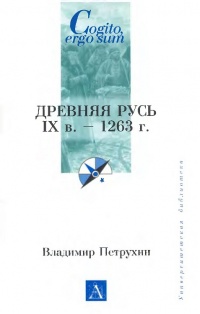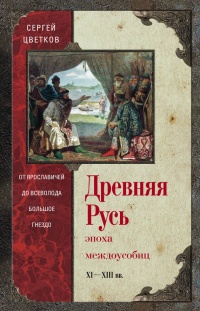Книга Королевство Русь. Древняя Русь глазами западных историков - Андрей Федосов
Читать книгу Королевство Русь. Древняя Русь глазами западных историков - Андрей Федосов полностью.
Шрифт:
-
+
Интервал:
-
+
Закладка:
Сделать
Перейти на страницу:
Перейти на страницу:
Книги схожие с книгой «Королевство Русь. Древняя Русь глазами западных историков - Андрей Федосов» от автора - Кристиан Раффенспергер, Андрей Федосов:
Комментарии и отзывы (0) к книге "Королевство Русь. Древняя Русь глазами западных историков - Андрей Федосов"








